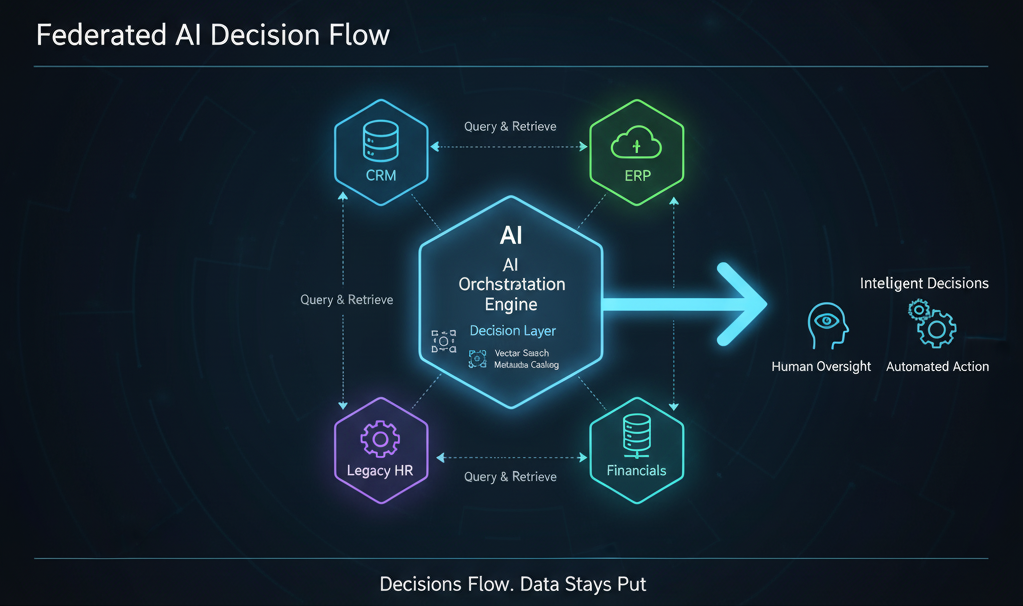Many businesses see AI agents as tools to automate existing processes, but this approach limits their potential. It’s like strapping a jet engine onto a horse-drawn carriage. The carriage moves faster, but it is still following the same old path. The real value of AI agents isn’t in making outdated systems more efficient, but in reimagining how work gets done. Instead of using agents to complete predefined tasks, businesses should design processes that allow agents to operate dynamically, creating new efficiencies and capabilities.
Take customer service. Many companies automate call centers to reduce wait times and streamline inquiries, but the process remains reactive. Now imagine designing customer service for AI agents rather than adding them to an existing model. Instead of waiting for customer calls, AI agents could be embedded into the service process itself, resolving issues before they escalate. For example, if a customer’s internet goes down, they typically call support, navigate a phone tree, and wait for a resolution. In an AI-driven model, an agent monitoring the network could detect the outage, run diagnostics, and initiate a fix before the customer even notices.
Consider a bank. Traditionally, a customer facing financial hardship must request a loan adjustment. With an AI-driven approach, an agent monitoring account activity and external trends could anticipate potential stress and proactively offer a restructuring option before the customer asks.
In supply chains, companies often use AI to optimize procurement within existing workflows. A more powerful approach is designing procurement around AI from the start, where intelligent agents continuously source materials, negotiate contracts, and adjust supply based on real-time demand. As agent-to-agent transactions increase, traditional procurement cycles will evolve into more fluid, autonomous systems.
This shift requires rethinking business architecture. Instead of integrating AI into legacy processes, leaders should ask: What would this process look like if an AI agent were the primary actor? Organizations built around this idea will not only be more adaptive and efficient but also more predictive. AI agents won’t just react; they will anticipate needs, identify opportunities, and optimize outcomes before problems arise.


